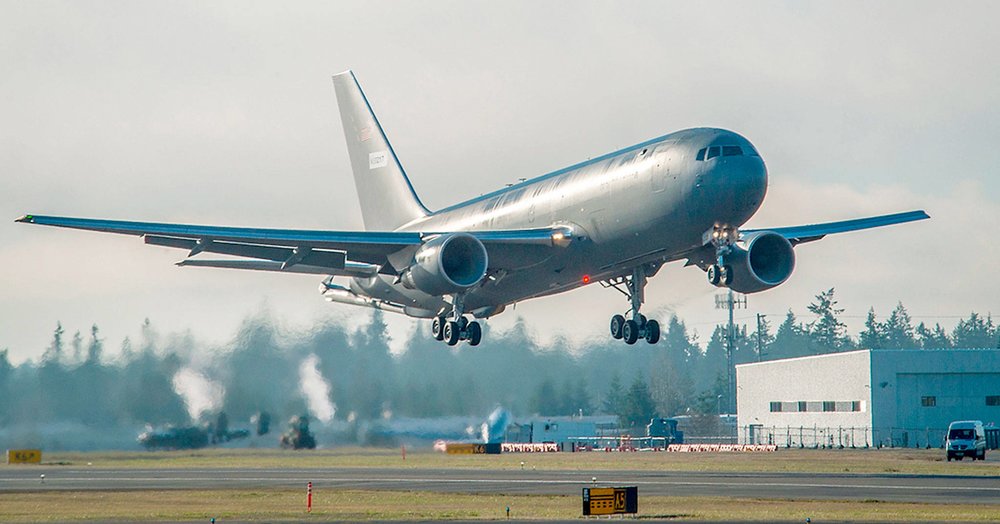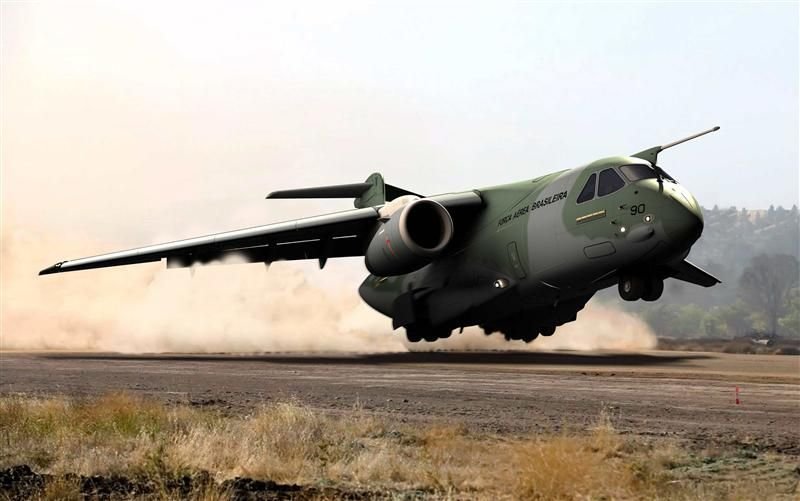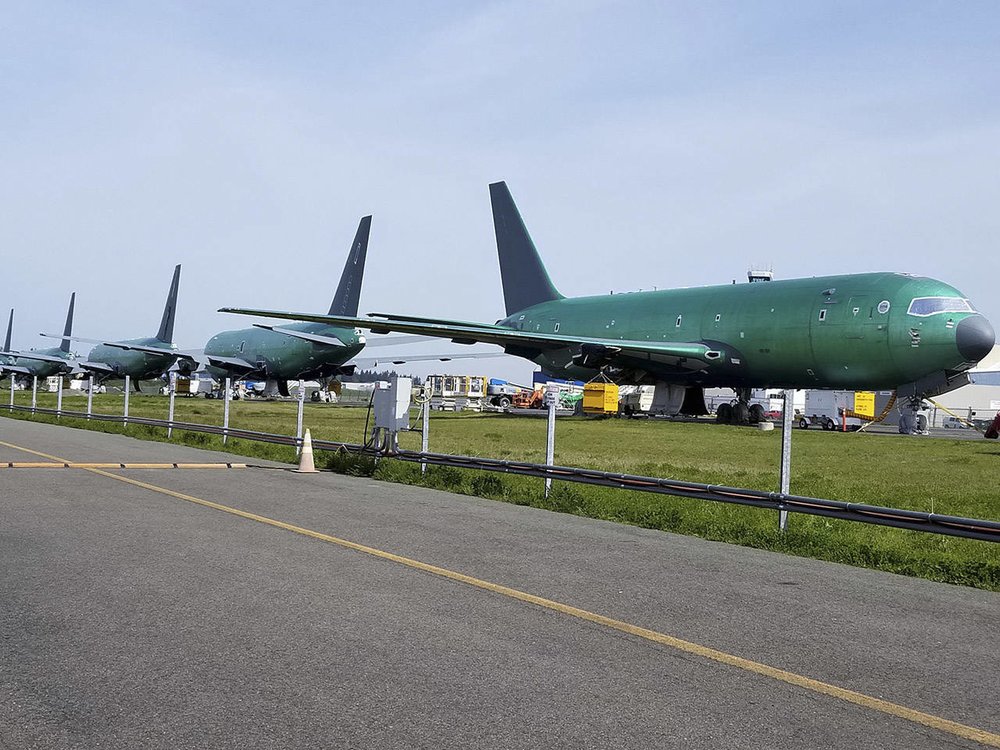Despite the threat of Boeing losing its international sales due to the sanctions Trump imposed on Iran, the company continues to thrive and boom as it won the contract to produce Air Force's new training jet. The said deal yields an astounding $9.2 billion contract!
The Winning Bid
Last Thursday, the U.S. Air Force announced it selected Boeing Co to build their next training jet. Prior to the said deal, the Air Force had been planning to purchase around 46 simulators and 351 jets. The astounding $9.2 billion contracts would allow the agency to purchase as much as 120 simulators and 475 more jets.
The first sets of jets are expected to be delivered in 2023, while the U.S. Air Force anticipates the program to reach its full operation by 2034. During the bid, Boeing's competitor Lockheed offered a modified version of their T-50 training jets developed together with Korea Aerospace Industries.

Boeing will team up with Sweden's Saab AB to develop the said new fighting jets, enabling them to win the competition against Leonardo DRS and Lockheed Martin Corp.
According to the analysts, one factor that contributed to the company's loss in the bid was the rumors that circulated insinuating how KIA paid Michael Cohen, Donald Trump's personal lawyer an astounding $150,000 through its company Essential Consultants, for legal consulting pertaining to production costs.
As of this writing, KIA declined to comment on the said issue, Meanwhile, Leonardo DRS offered the T - 100, which was a modified version of the Italian Aerospace's M-346.
The Domino Effect
The said announcement not only triggered Boeing's winning streak, but it also spikes their shares up to 0.6% at $367.38. Meanwhile, the Korea Aerospace's shares fell more than 24% in the Seoul Stock Market after they lost the bid. According to the business experts, the company lost the bid because Boeing's proposed bid was significantly lower.

The U.S. Air Force announced the plan to build new training jets after deciding to replace its 50-year old T-38 planes.
According to the analysts, the new proposed deal would allow the U.S. Air Force to purchase new 600 planes. The Air Force's office of the assistant secretary General Arnold Bunch told the reporters last Thursday that around two-thirds of their training regimen is composed of the 4th and 5th gen.
Unfortunately, their 50-year old T-37 can't keep up with their training anymore. He said the agency needs to step up for modernization.
A Significant Victory
Boeing's road to victory was difficult, but the company's chief executive Leanne Caret says they stay committed to make their "franchise level" victory a dream come true since they reorganized their company more than a year ago.
Winning this prestigious deal helps boost Boeing's vision and mission. According to Caret, the announcement last week was the culmination of Boeing and Saab's unwavering focus and teamwork.

Boeing reorganized their business model to the defense business last February 2016.
The company expects the T-X will become their franchise program of this century. Caret was also grateful for Air Force's unyielding trust and support despite the mishaps they encountered when the company had trouble delivering KC-46, also known as the new in-air refueling jet before.
Sweden's Saab also released a statement and said the award means Boeing can start ordering the spare parts to its suppliers, including Saab. Aside from that, they're glad it could help America's economy thrive as it can generate more than 17,000 jobs in over 34 states.
The Doubts
Despite Boeing's new massive success, some defense analysts and veterans doubt if the said partnership will succeed. According to the defense budget analyst Todd Harrison, it remains unclear whether or not the U.S. Air Force will have the sufficient funding to modernize its training jets, bombers, fighters, and tankers.
And if they have, it also remains ambiguous where the agency would get the said funding. He adds the budget situation becomes even more complicated since the Agency announced their plan to grow their forces in size up to 25%.
